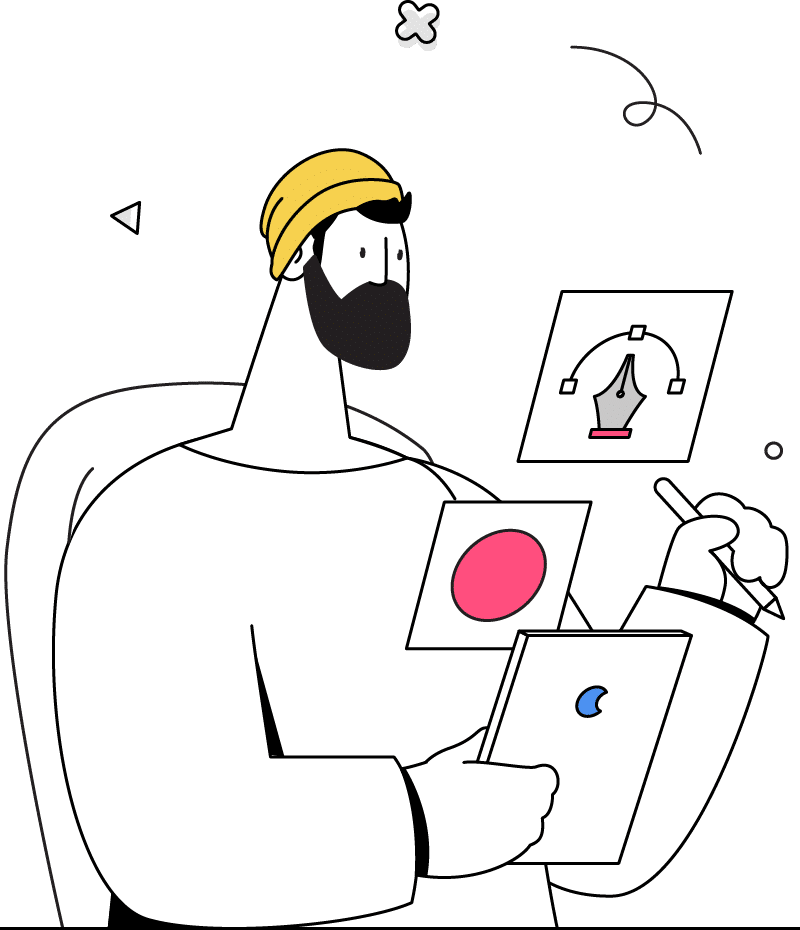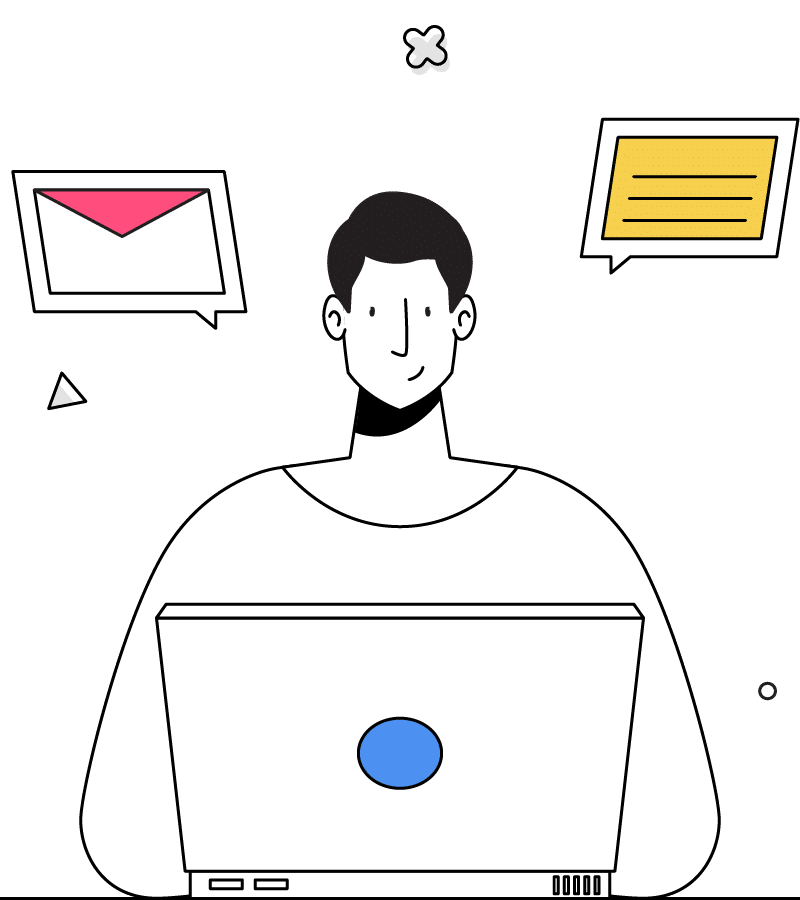LEARN VIETNAMESE WITH AI
At LinguaTeacher, we leverage the power of Artificial Intelligence to deliver an immersive, personalized, and interactive experience for those eager to learn Vietnamese. Say farewell to generic methods and embrace a customized approach tailored to your specific learning style, pace, and goals. Embark on a transformative journey to master Vietnamese with the innovative support of AI.


Personalized Learning Experience
One of the premier advantages of using AI in language acquisition is the delivery of a fully personalized learning experience. At LinguaTeacher, our AI-driven platform evaluates your initial Vietnamese proficiency using advanced diagnostic tools. Then, it designs a bespoke learning path exclusively for you. This approach considers your strengths, weaknesses, preferred learning pace, and even your interests. As a result, every lesson, exercise, and feedback loop is tailored to keep you engaged and motivated. The AI continuously monitors your progress, adjusting the curriculum to challenge you at just the right level, helping you advance more swiftly and effectively than traditional learning methods.
Constant Accessibility and Support
AI makes learning Vietnamese accessible 24/7, eliminating the limitations of time and location. Whether you’re an early riser or a night owl, LinguaTeacher’s AI platform is always available, ready to assist with learning new concepts or revising prior lessons. Additionally, AI-driven chatbots offer instant feedback and support, crucial for language learners who need frequent practice and timely corrections to achieve fluency. This continuous interaction ensures consistent practice, which is essential for effectively learning any language. Alongside generating exercises and simulations that mimic real-life conversations, the system also helps build confidence and reduces the fear of making mistakes in real-world situations.

Challenges of Learning Vietnamese
1. Why Learn Vietnamese?
Learning Vietnamese opens doors to rich cultural experiences and professional opportunities in a rapidly developing country. As Vietnam continues to grow as a hub for tourism, trade, and technology, proficiency in Vietnamese can set you apart in the global job market. By learning Vietnamese, you can deeply connect with the local culture, enjoy authentic travel experiences, and communicate more effectively with Vietnamese speakers worldwide. Whether you’re planning to work in Vietnam, traveling for leisure, or interested in making new friends, mastering this language can enrich your personal and professional life in numerous ways. Understanding the nuances of Vietnamese helps you appreciate Vietnam’s heritage, traditions, and modern influences more profoundly.
2. Effective Strategies to Learn Vietnamese
To learn Vietnamese efficiently, consider using diverse methods that cater to different aspects of language learning. Interactive language apps provide a fast and engaging way to learn basic vocabulary and sentence structures. These apps often include practice exercises and quizzes to reinforce lessons. Additionally, language exchange partnerships offer a practical approach to honing your speaking and listening skills. Pairing up with a native Vietnamese speaker, either in person or via online platforms, allows you to practice conversational Vietnamese in a real-world context. Supplement your learning by immersing yourself in Vietnamese media, such as movies, music, and news. This exposure not only improves your comprehension but also familiarizes you with cultural nuances and everyday expressions.
3. Overcoming Challenges in Learning Vietnamese
While learning Vietnamese can be rewarding, it also presents unique challenges. One of the primary difficulties is mastering the tonal nature of the language. Vietnamese has six tones, and the meaning of a word can change based on its tone. Emphasizing proper pronunciation from the outset is crucial to avoid misunderstandings. Another challenge is the distinct grammar structure, which differs significantly from English and other Western languages. Despite these hurdles, a structured learning plan and consistent practice can help overcome these obstacles. Seek out resources like language classes and tutoring to provide structured guidance. Also, embrace the learning process with an open mind and patience; fluency will come with time and persistent effort.
FAQ
How long does it take to learn Vietnamese?
The time required to learn Vietnamese can vary based on factors such as your previous language experience and the amount of time you can dedicate to study. On average, achieving conversational fluency may take approximately 600–750 hours of study.
Is Vietnamese a tonal language?
Yes, Vietnamese is a tonal language with six tones. Each tone alters the meaning of a word, making proper pronunciation critical for effective communication.
Are there similarities between Vietnamese and other languages?
Vietnamese shares some similarities with Chinese due to historical influences and borrowed vocabulary. Additionally, it has phonetic similarities with other regional languages in Southeast Asia.
What resources are available for learning Vietnamese?
There are numerous resources available including language apps, online courses, textbooks, and language exchange programs. Additionally, many universities and language schools offer Vietnamese language courses.
Can I learn Vietnamese through immersion in Vietnam?
Absolutely. Immersing yourself in Vietnam and practicing daily with native speakers is one of the most effective ways to learn Vietnamese. It allows you to use the language in real-life situations constantly.
What are common challenges in learning Vietnamese?
Common challenges include mastering the six tones and adapting to the grammatical structure of Vietnamese, which differs from many Western languages. Consistent practice and quality resources can help overcome these challenges.
